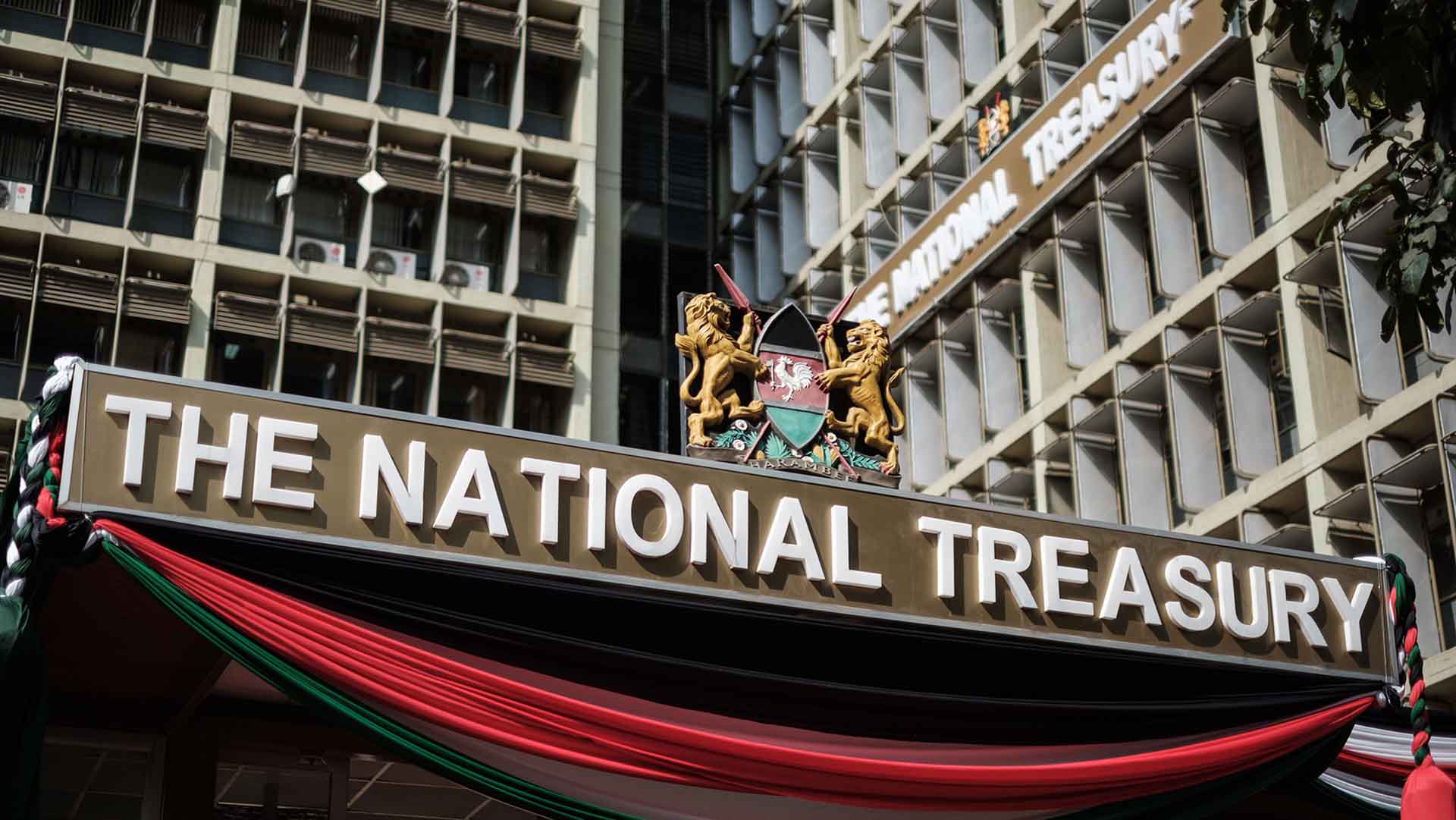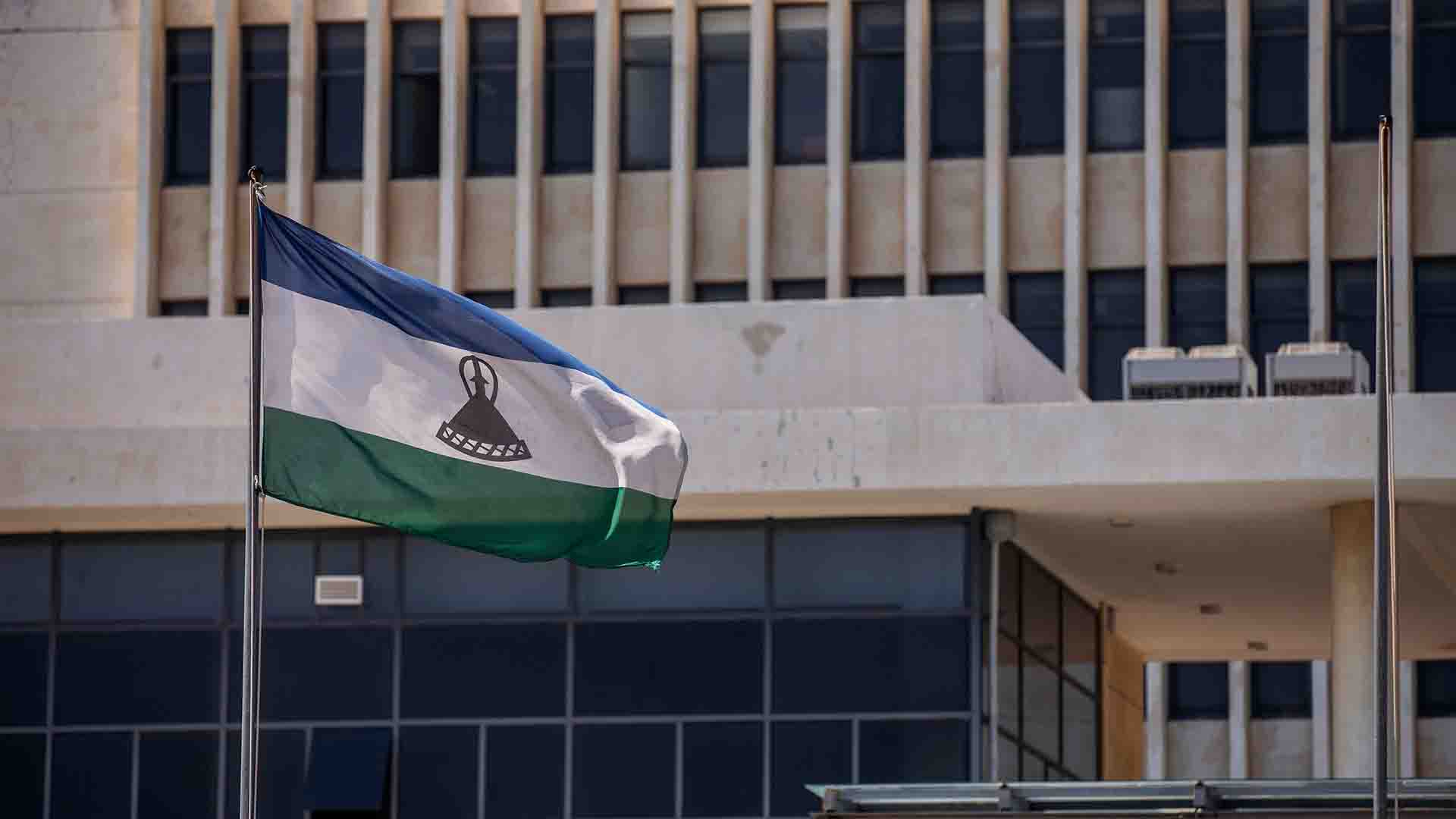Mauritius Leaks is based on more than 200,000 leaked documents that reveal how companies in countries as distant and different as South Africa and Norway, Indonesia and Canada – companies active in real estate, agriculture, mining, energy, telecommunications, travel and finance – take advantage of Mauritius’ low tax rates, diverting tax revenue from the countries where they operate.
ICIJ is publishing details of more than 200 companies as part of the investigation – including Whirlpool, Total S.A. and Mayo Clinic – that the Mauritius office of Conyers Dill & Pearman assisted.
DOWNLOAD THE DATA
Compiling this data required significant manual effort. The result is a non-exhaustive list that provides a glimpse into a secretive offshore destination.
Why is ICIJ publishing this data?
ICIJ is publishing the data in the public interest. Mauritius Leaks and ICIJ’s previous investigations have shown how the offshore economy facilitates money laundering, tax evasion, fraud and other types of crime. Transparency advocates argue that even when offshore companies’ activities are legal, their secrecy can undermine democracy.
Mauritius is a popular offshore destination for corporations that wish to avoid taxes. The European Union, the International Monetary Fund, national tax authorities, think tanks and advocacy groups have accused Mauritius of facilitating tax avoidance that is especially harmful to poorer countries. Authorities in Mauritius collect company ownership and activity information and share that information with officials of some (not all) countries, but it is not available publicly.
Guy Christian Agbor, a lawyer and specialist in illicit financial flows and corruption, said it was important that this information be made publicly available. Agbor explained: “Publicly available information on company owners and activities allows lawyers, researchers and others to ask questions and even launch private prosecutions.
“Corporations are investing in Mauritius only to avoid paying taxes. The rest is just an accessory and irrelevant.”
Information from the leak provides insights about offshore companies that are not found in the Mauritius corporate registry. The registry often shows basic information such as name, type of company, date of incorporation, registered address and status. Information such as the true, or beneficial, owner of the company and its activity is not listed.
What did ICIJ do with the data?
ICIJ’s data team ran optical-character recognition (OCR) processes, indexed the documents in a search system, extracted statistics from metadata, and more. We used our custom-built Knowledge Center, a research platform based on Apache Solr and Blacklight, to search the documents, as well as Python scripts and Jupyter notebooks, Apache Superset (a BI tool developed at Airbnb), some Linux console commands, and a lot of manual and iterative work to analyze the data. Through this work, we were able to identify patterns and keywords that helped journalists conduct their research. Finally, we found timesheets and invoices in the documents that provided us with company names. ICIJ also collaborated with the Quartz team to automatically classify documents using machine learning.
More than half the documents concern Providence Life, a Mauritius-based financial services firm specializing in retirement planning for European expatriates. However, Mauritius Leaks stories are focused on companies and stories of genuine public interest, not the investment and retirement plans of Providence Life clients.
ICIJ carried out additional manual research to complete data entries, including seeking further information in emails and documents. In the case of more substantial projects, Conyers created project names (such as “Tiger”, “Karma”, “Yoga”, “Crane”, “Baobab” and “Pluto”) that led to additional findings. We used corporate records and government registries of companies to put the data in context.

What data is included in this spreadsheet?
Each row of data is about a Mauritian company. Most of the companies in the data were registered in Mauritius from the early 1990s through 2017. Each row contains, where available, information about the company’s shareholders, directors and beneficial owners, services provided by Conyers, proposed activity, countries of activity and more. In cases where one client used several companies, each company is listed in a separate row. Information may be repeated if multiple companies were used for the same activity.
Some clients were not directly in contact with the Conyers Mauritius office. Instead, law firms or banks working with companies or wealthy individuals would ask Conyers for a “legal opinion” on proposed business involving Mauritian firms. Whenever possible, ICIJ provided the name of the end client.
Conyers performed services that included incorporation of “global business” companies that would qualify for the maximum Mauritian tax benefits. It reviewed documents, including loan agreements with international banks and other financing institutions, shareholder agreements and restructuring plans. ICIJ sometimes quotes directly from the leaked files; in those cases, we use quotation marks. Though the leaked data goes through 2017, additional information ICIJ’s research provided in the spreadsheet is current through June 2019.
How can I use this spreadsheet?
You can search for Conyers clients and find information on shareholders, non-resident directors and beneficial owners. We’ve also listed the parent company (where applicable) of each Mauritius subsidiary.
Though most of the records come directly from the leak, ICIJ did additional public records research on parent companies, incorporation dates, status, shareholders and non-resident directors. We’ve identified the origin of this information in the spreadsheet. A glossary is also provided along with the companies’ information so that the terms used can be better understood.
Who is behind the companies listed?
Whenever possible, we listed the directors located outside Mauritius (“non-resident directors”).
The information reflects the situation of each company at the time of Conyers’ involvement. Information may have changed. ICIJ cross-checked the leaked files against data available from the Mauritian registry of companies and the Financial Services Commission’s register of licensees. If ICIJ couldn’t verify that the company had been incorporated in Mauritius, we wrote “N/A” for incorporation date and winding-up date/status.
Not all companies disclose information on shareholders or directors in the Mauritius registry.
Offshore companies and trusts have legitimate uses. We do not intend to suggest or imply that the people or the companies or other entities included in this spreadsheet have broken the law or otherwise acted improperly.

The data mentions tax residency certificates and double taxation treaties. What are they?
Double taxation treaties or agreements (DTTs or DTAs) are agreements between two countries that aim to encourage investment by ensuring that companies are not taxed twice on the same income. To avoid double taxation, DTTs require the country where the multinational corporation is based and the country where it operates to agree to limit the collection of taxes. DTTs often affect the taxation of such payments as interest, dividends and royalties. Developing countries rely heavily on tax revenue from such payments and less so on revenue from income taxes, anti-poverty groups say.
Among its services, Conyers helped clients request an annual tax residency certificate from Mauritius that allowed companies to use DTTs to reduce taxes.
Although DTTs are legal, tax officials and researchers criticize them for allowing companies to divert profits and tax revenue from developing countries.
“I think Mauritius is the African tax haven,” senior tax researcher Martin Hearson said. “It’s the country that you use if you want to avoid taxes in a large number of African countries if you’re a multinational investor. It’s the tax treaty network that gives it that.”
EDITOR’S NOTE: The spreadsheet of Mauritius Leaks companies may be updated from time to time with additional information, such as responses from companies named. Please see the “About/Glossary” tab within the spreadsheet for details of updates. Please contact data@icij.org with any additional questions regarding this data.






